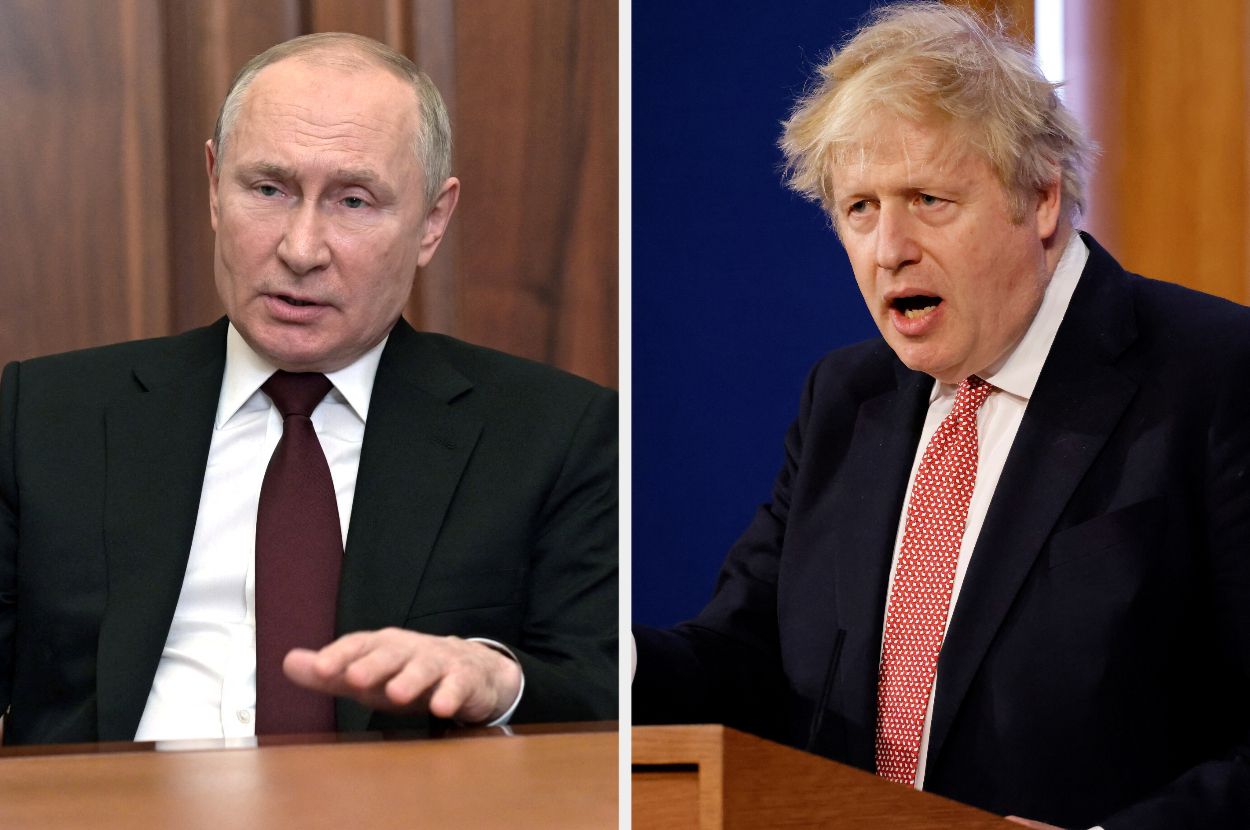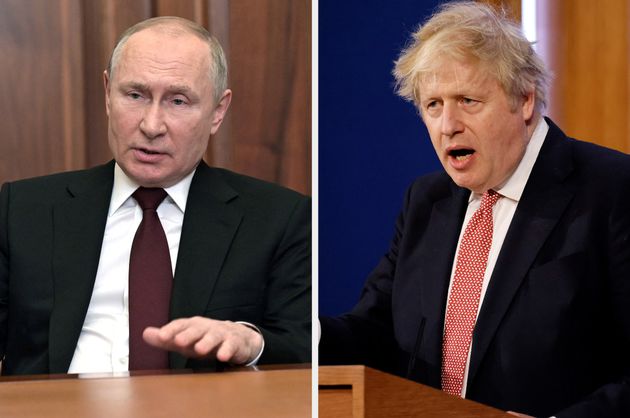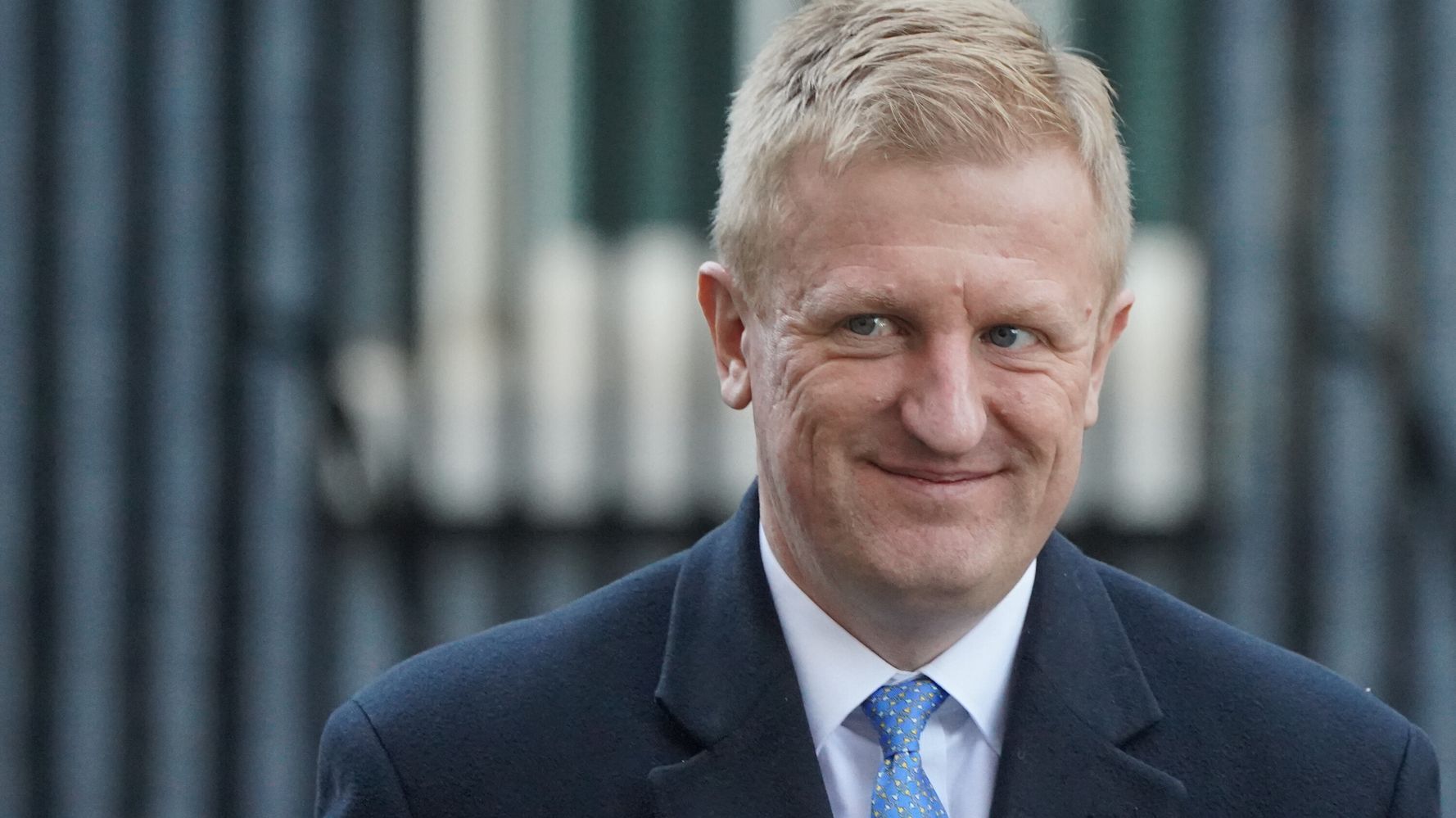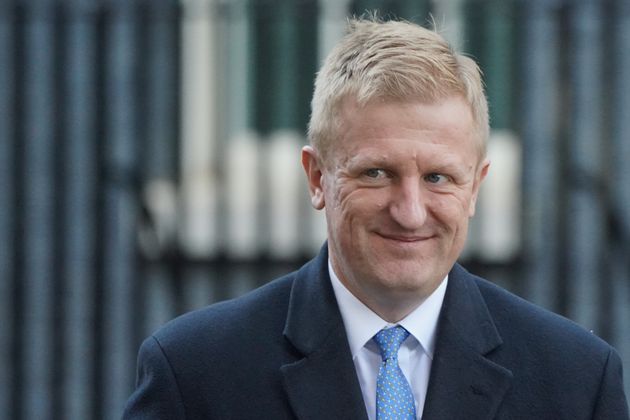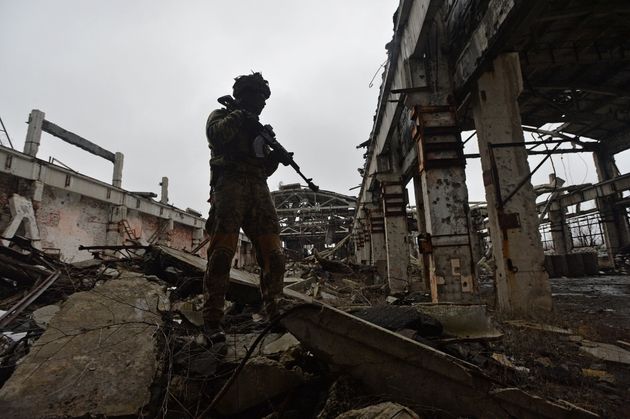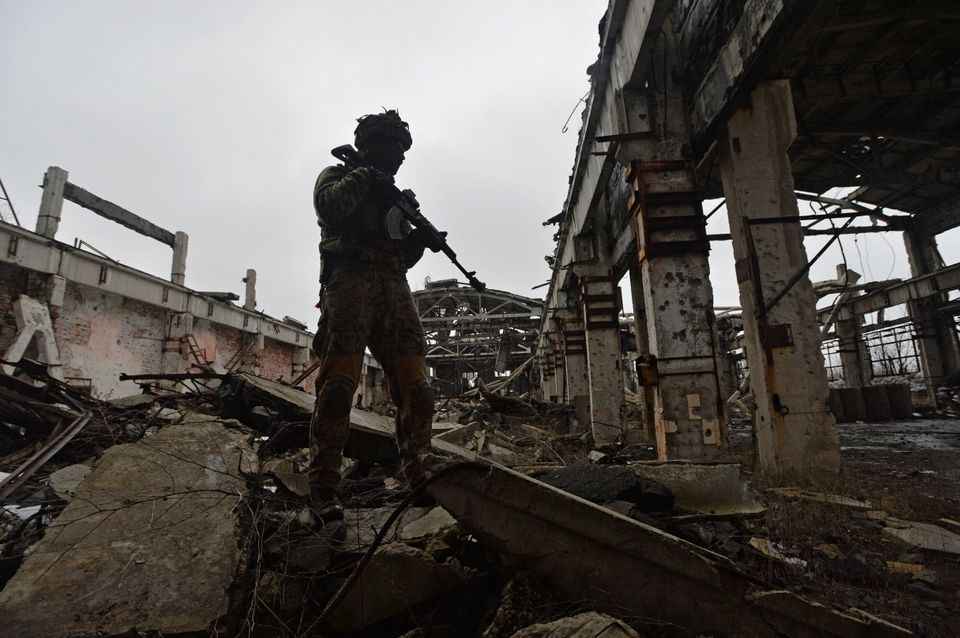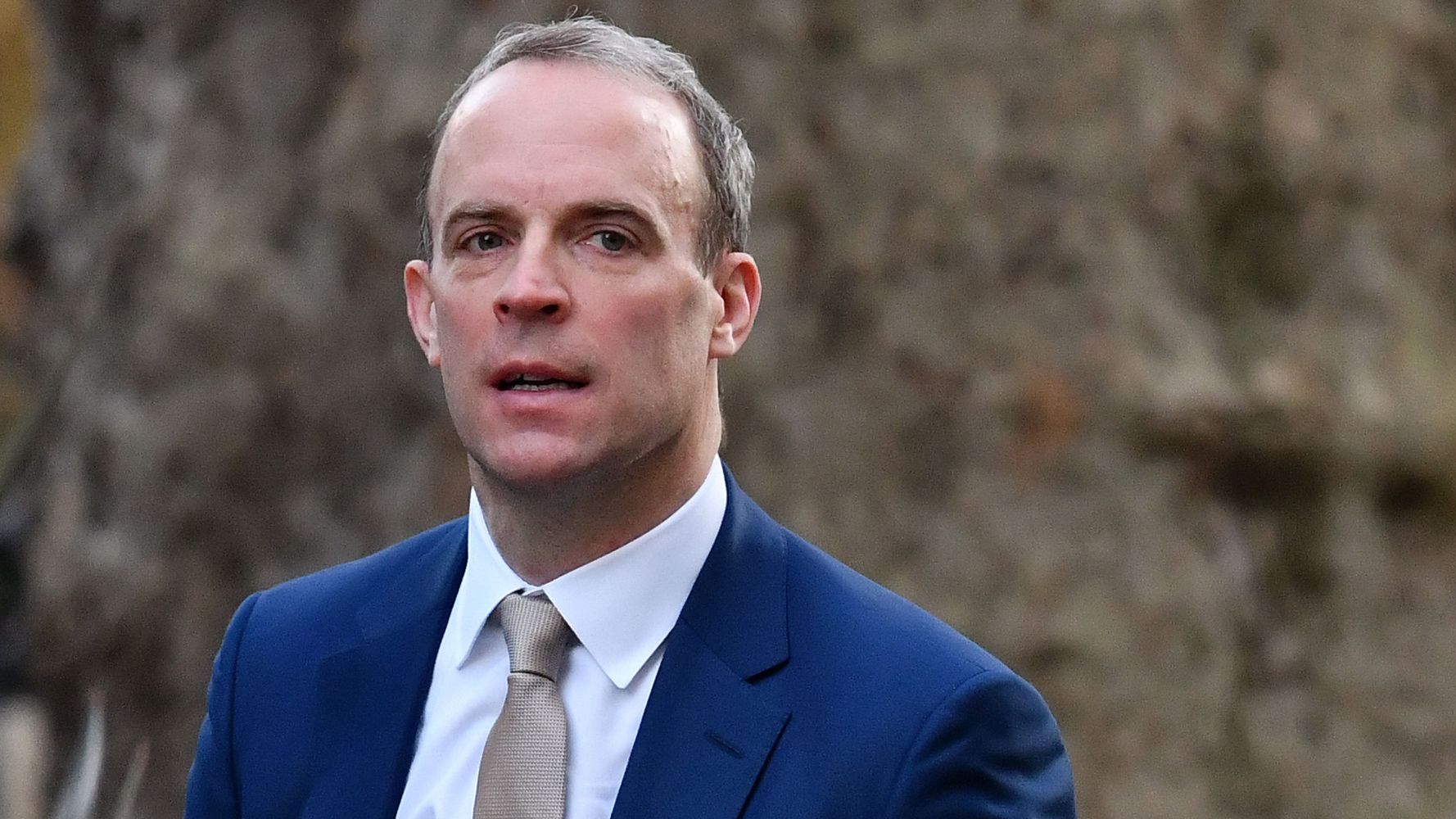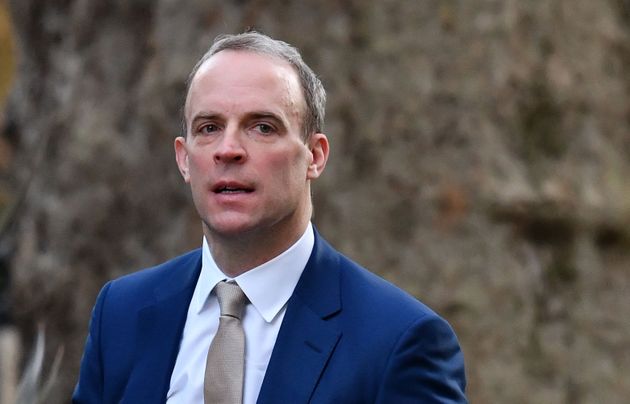
Martin Kimani used his address at an emergency meeting of the UN Security Council to warn Vladimir Putin to respect Russia’s border with Ukraine and highlight the dangers of stoking the “embers of dead empires”.
His remarks came after the Russian president ordered troops into eastern Ukraine – under the fabrication of “peace keeping” – after recognising the independence of two separatist regions, a move criticised globally as a breach of international law.
Kimani said the birth of Kenya and Ukraine’s independence in 1991 after the collapse of the Soviet Union had the “ending of empire” in common.
He said rather than engage in “bloody wars” that would be raging decades later, Africa opted to “settle for the borders that we inherited”, even if there was a “yearning for integration with peoples in neighbouring states”. Kimani added Kenya “rejects such a yearning from being pursued by force” and “we reject it again today”.
A clip of the address, which came hours after Putin had given a rambling speech re-writing the history of eastern Europe, was viewed more than 3 million times from one Twitter feed.
“Kenya and almost every African country was birthed by the ending of empire. Our borders were not of our own drawing. They were drawn in the distant colonial metropoles of London, Paris, and Lisbon with no regard for the ancient nations that they cleaved apart.
“Today, across the border of every single African country live our countrymen, with whom we share deep historical, cultural, and linguistic bonds.
“At independence, had we chosen to pursue states on the basis of ethnic, racial, or religious homogeneity, we would still be waging bloody wars these many decades later. Instead, we agreed that we would settle for the borders that we inherited, but we would still pursue continental political, economic, and legal integration. Rather than form nations that looked ever backwards into history with a dangerous nostalgia, we chose to look forward to a greatness none of our many nations and peoples had ever known.
“We chose to follow the rules of the Organisation of African Unity and the United Nations Charter, not because our borders satisfied us, but because we wanted something greater, forged in peace.
“We believe that all states formed from empires that have collapsed or retreated have many peoples in them yearning for integration with peoples in neighbouring states. This is normal and understandable. After all, who does not want to be joined to their brethren and to make common purpose with them?
“However, Kenya rejects such a yearning from being pursued by force. We must complete our recovery from the embers of dead empires in a way that does not plunge us back into new forms of domination and oppression. We rejected irredentism and expansionism on any basis, including racial, ethnic, religious, or cultural factors. We reject it again today.”
Putin also ordered the deployment of Russian forces to the Donbass region in eastern Ukraine “keep the peace” – though commentators have warned not to be fooled by the language.



